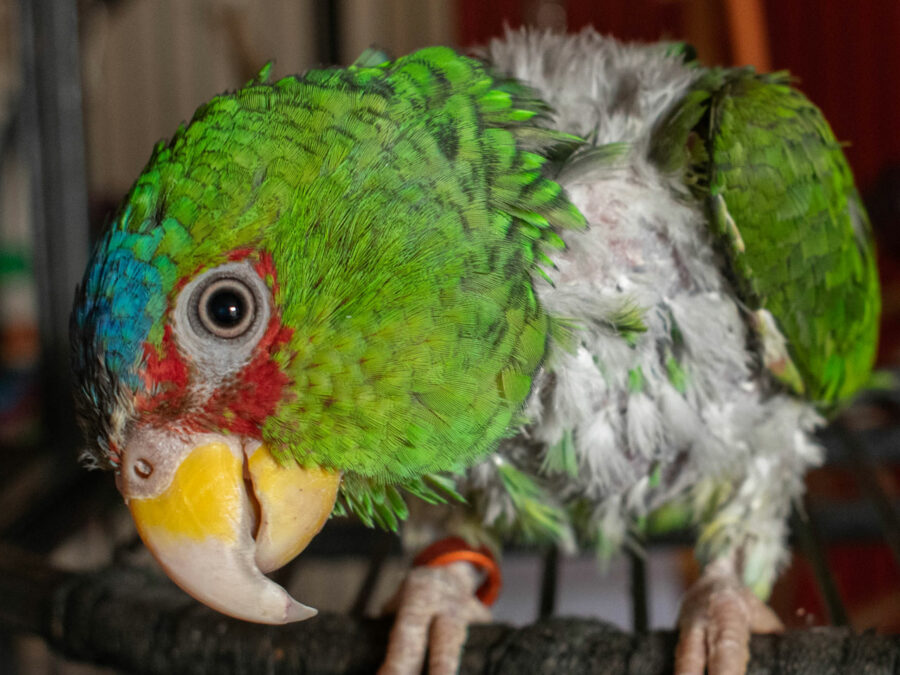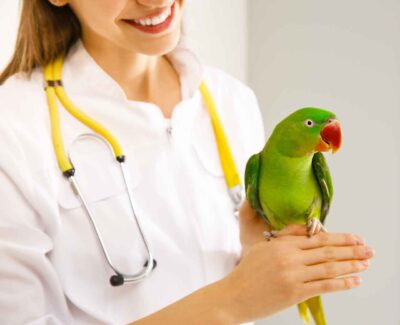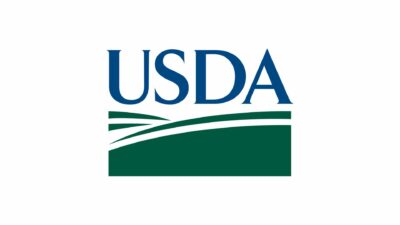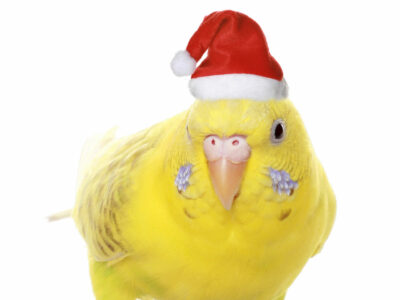
Understanding Feather Plucking: What Bird Owners Need to Know
While feather plucking is a relatively common behavior in pet birds, it can be deeply distressing for bird owners. If you’ve ever noticed your bird pulling out or damaging their own feathers, you’ve probably wondered what causes them to do so and how to address it. Read on to learn about the potential causes, prevention, and treatment options for feather plucking, enabling you to better understand and support your bird.
What is Feather Plucking?
Feather plucking occurs when a bird repeatedly pulls out its own feathers, often leaving bald patches on its body. This behavior is different from normal preening, where birds groom and clean their feathers. While preening is a healthy activity, feather plucking is usually a sign of an underlying issue.
Common Causes of Feather Plucking
Feather plucking can stem from a variety of physical, psychological, and environmental factors. For example:
Medical Issues
Birds may pluck their feathers if they are experiencing problems such as skin infections, mites, or parasites, allergies or nutritional deficiencies, hormonal imbalances, or pain due to internal or external injuries.
Psychological Factors
Boredom or a lack of mental stimulation, stress caused by changes in routine, loud noises, the absence of a bonded companion, or anxiety due to improper socialization or neglect may lead to feather plucking.
Environmental Triggers
If your bird is experiencing discomfort in their environment—which may be caused by an inadequate cage size, lack of toys, poor lighting, temperature extremes, or exposure to toxins such as cigarette smoke or cleaning chemicals—they may begin plucking their feathers.
How to Prevent Feather Plucking
One of the most effective ways to prevent feather plucking is to focus on creating a healthy, enriching environment for your bird. Key steps include:
Providing Mental Stimulation
Ensure that your bird has plenty of toys, puzzles, and opportunities for interaction. Rotate these items regularly to keep things fresh and engaging.
Maintaining a Proper Diet
Feed your bird a well-balanced diet of seeds and/or pellets, fresh fruits, and vegetables. Consult an avian veterinarian for specific dietary recommendations.
Optimizing Living Conditions
Place your bird’s cage in a well-lit area away from drafts and direct sunlight. Provide perches of varying sizes and textures to keep their feet healthy.
Establishing a Routine
Birds thrive on consistency, so strive to maintain a regular schedule for feeding, playtime, and sleeping in order to minimize stress.
What to Do If Your Bird Starts Plucking
If you notice your bird feather plucking, here are a few important steps to take:
Consult an Avian Veterinarian
Schedule a check-up to rule out medical issues. Blood tests, skin swabs, or x-rays may be necessary to identify the root cause.
Assess the Environment
Examine your bird’s surroundings for potential stressors or hazards, and make any adjustments needed to improve their living conditions.
Increase Social Interaction
Spend more quality time with your bird. Consider training sessions, teaching new tricks, or simply talking to them throughout the day.
Introduce Enrichment Activities
Provide foraging opportunities, such as hiding treats in toys or offering shreddable materials for your bird to explore.
Additional treatment options may include:
Behavioral Training
Consider working with an avian behaviorist to develop strategies for reducing stress and redirecting destructive behaviors.
Medications
In some cases, veterinarians may prescribe medications to manage anxiety or treat underlying medical conditions.
Collars or Protective Gear
Temporary collars can prevent further feather damage while you address the root cause of the plucking. However, these should only be used under veterinary supervision.
Once you’ve addressed the underlying issues, it may take a while for your bird’s feathers to grow back—and some birds may never fully recover their plumage. However, by consistently providing a supportive environment that includes adequate stimulation, you can help your bird live a happier, healthier life.
If you’ve noticed your bird engaging in feather plucking or you have any other concerns about their health, it’s important to consult an avian veterinarian as soon as possible. Check out our locator tool to find a qualified vet in your area!





